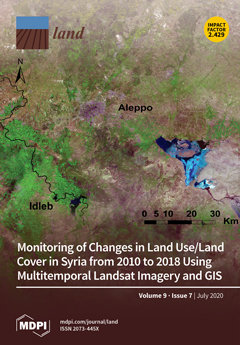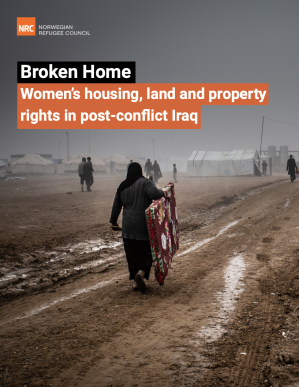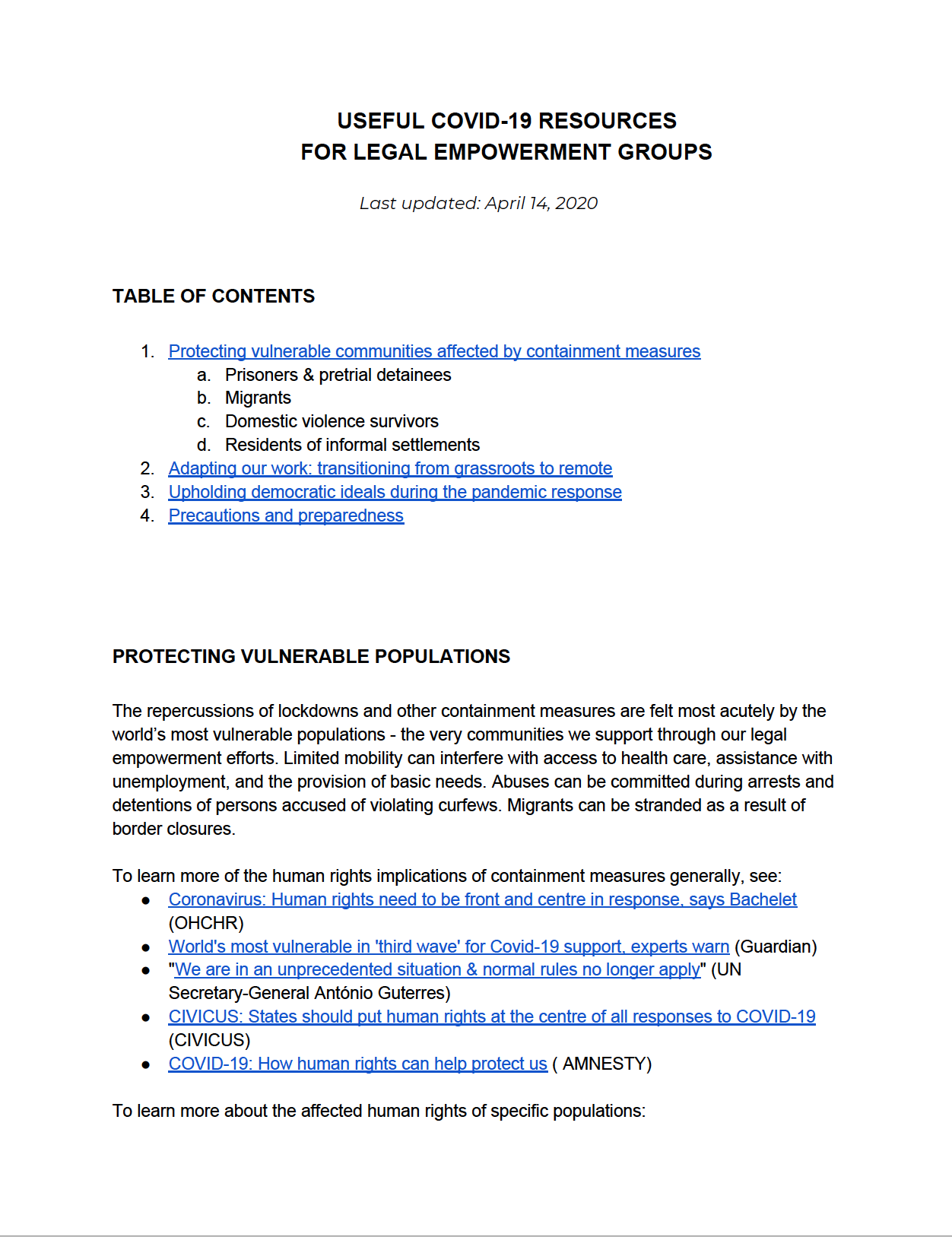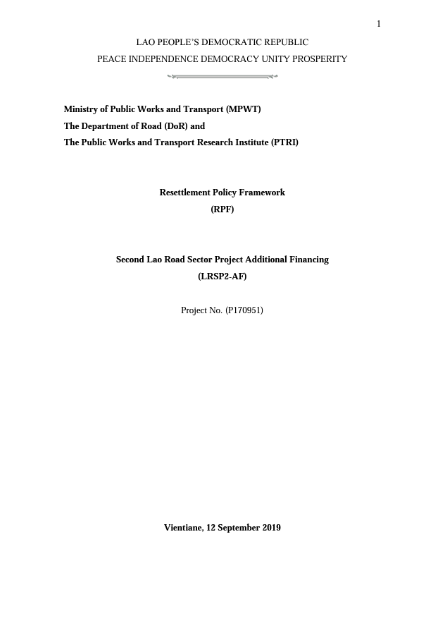From Closed to Claimed Spaces for Participation: Contestation in Urban Redevelopment Induced-Displacements and Resettlement in Kigali, Rwanda
In many cities and urban areas in Africa, land acquisition for urban redevelopment, land readjustment, and resettlement of affected urban residents are currently framed as innovative approaches to eradicating informal settlements, improving the living environments, and supporting the implementation of newly adopted city Master Plans. Nevertheless, it is not yet known how the responses of institutions and affected people shape these processes.












